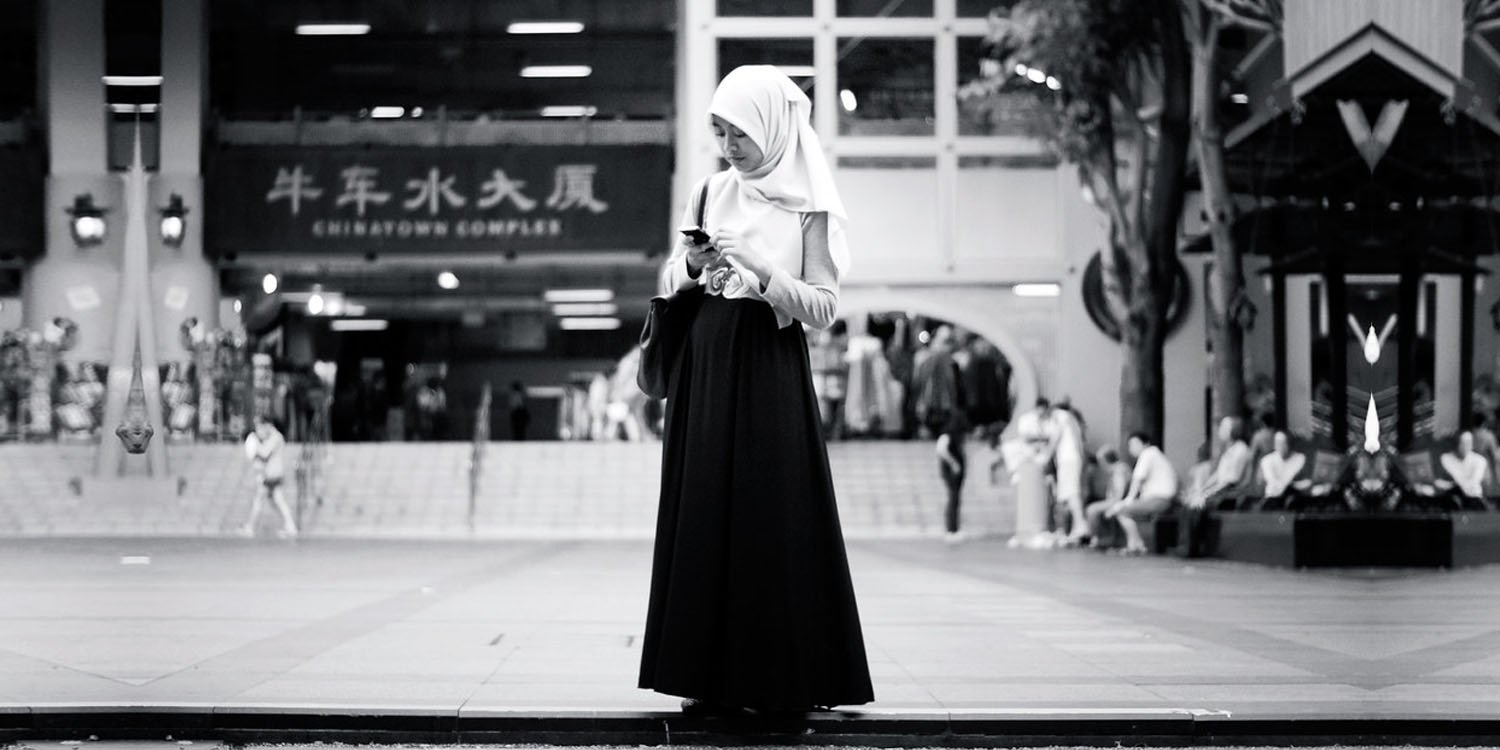My Silence Encouraged Their Ignorance, So I’m Not Staying Quiet Anymore
This piece is part of MS Speaks, a segment in which MS News reporters share their honest views on current affairs and trending topics.
“You could’ve been the top Malay student.”
I was told that after I received my PSLE results, as a 12-year-old with no idea what I was going to do with my life. My parents’ disappointment rocked my conscience — as the only Malay student in the best Primary 6 class in my school, I was expected to do better.
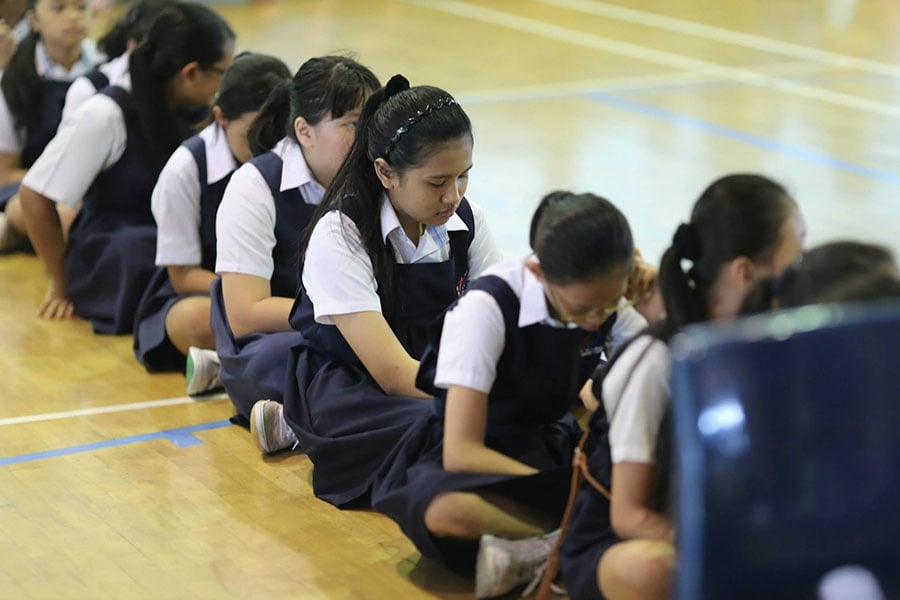 Photo for illustration purposes only
Photo for illustration purposes only
Source
My Chinese classmates were enthusiastically discussing their grades. At least half of my class did better than me. The top Malay student, who was also the only Malay in her class, was basking in the glory of the moment.
As I stood there surrounded by the buzz of student chatter, it didn’t cross my mind how low our expectations were. “Top Malay student” was good enough, and nobody even thought of hoping just as highly for the hundreds of Malay students in other streams and classes.
Learning about my race & place in society
Coming from a middle-to-high-income Malay family, I’ve been lucky to have access to a lifestyle that keeps me fairly sheltered from the harsh truths of the world.
Having my paths relatively unobstructed also encouraged me to do something people who’ve experienced injustice wouldn’t do — keep quiet. You see, my relatively comfortable position always made me think twice about my perception of injustice. Do I have a right to speak for the Malays, many of whom have to contend with a lot more tribulations than me?
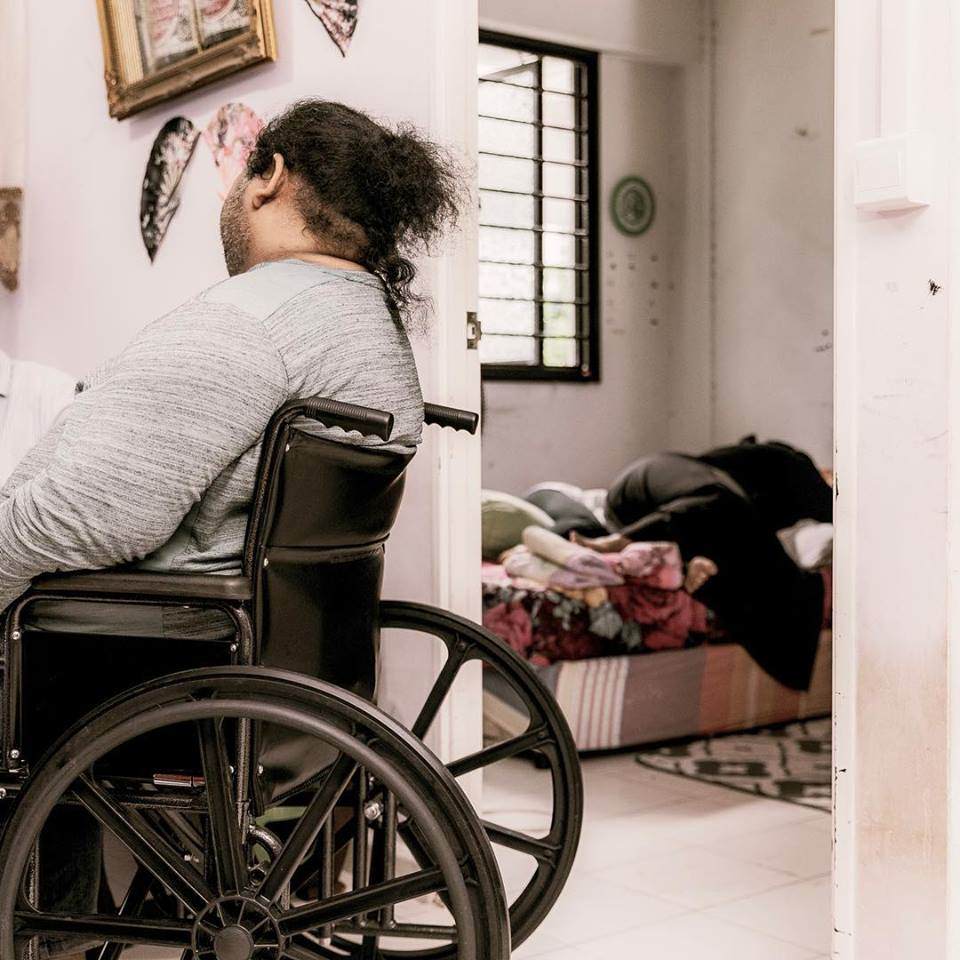 Photo for illustration purposes only
Photo for illustration purposes only
Source
So when my Chinese classmates conversed with each other in Mandarin while I sat there feeling out of place, I kept quiet.
When the employee at the luxury bag store hovered just a little closer to my family, I kept quiet.
And when the bank staff stared at my father too long, eyeing his bag as he stood in the premier banking line, I kept quiet.
Their actions were by no means malevolent, but they made me very aware of my race nonetheless. And that points to the indisputable fact that they had either out-rightly or implicitly shown prejudice towards my race, whether they were aware of it or not.
Not living up to the Malay stereotype
I could come up with a multitude of assumptions as to why they did so, but it all boils down to a stereotype: that Malays are mostly less well-off, and statistics support this by showing that we have the lowest average and median household incomes across all ethnic groups.
We’re poor, so we shouldn’t be seen in high-end places; we’re less educated, so there’s no room for us to fit in among the intellectual elites. When we do make it in either of those spheres, we become like unicorns — creatures that logic can’t fathom.
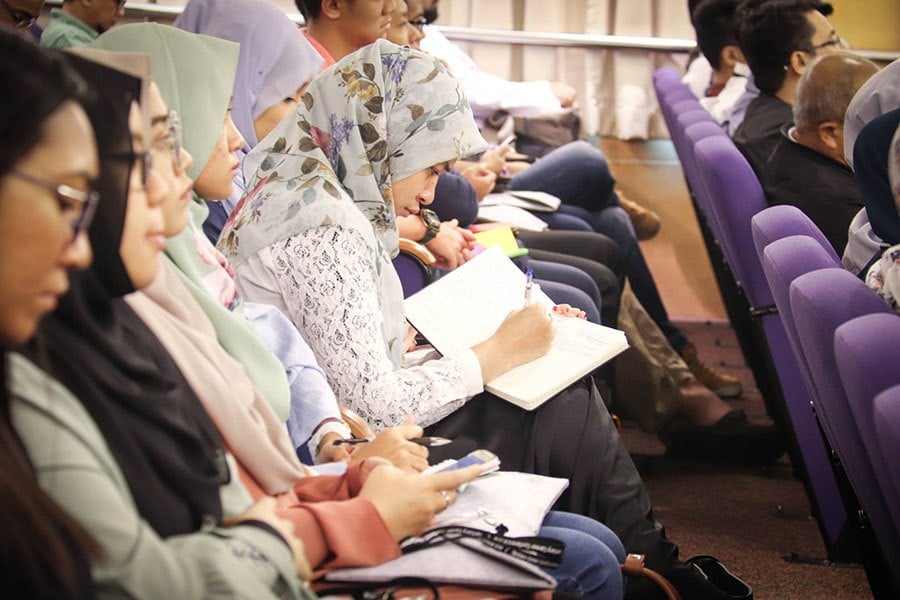 Photo for illustration purposes only
Photo for illustration purposes only
Source
But in those spheres too, where the majority dominates, the concept of race gets drowned out by mutual interests like politics and gossip.
It’s only when race becomes the cause of news that unsettles the nation that it comes to the fore.
How my silence perpetuated their ignorance
When the E-Pay ad first came out and People Of Colour’s (POCs’) outrage started flooding my Twitter feed, I didn’t immediately feel their anger. I knew Dennis Chew’s ‘brownface’ and cross-dressing as a lady in tudung was wrong, but I didn’t see it as an unsolicited attack on POCs.
People’s angry reactions seemed to me to be borne out of contention, influenced by an ingrained acceptance that prejudice comes from hate; that the mockery was done intentionally.
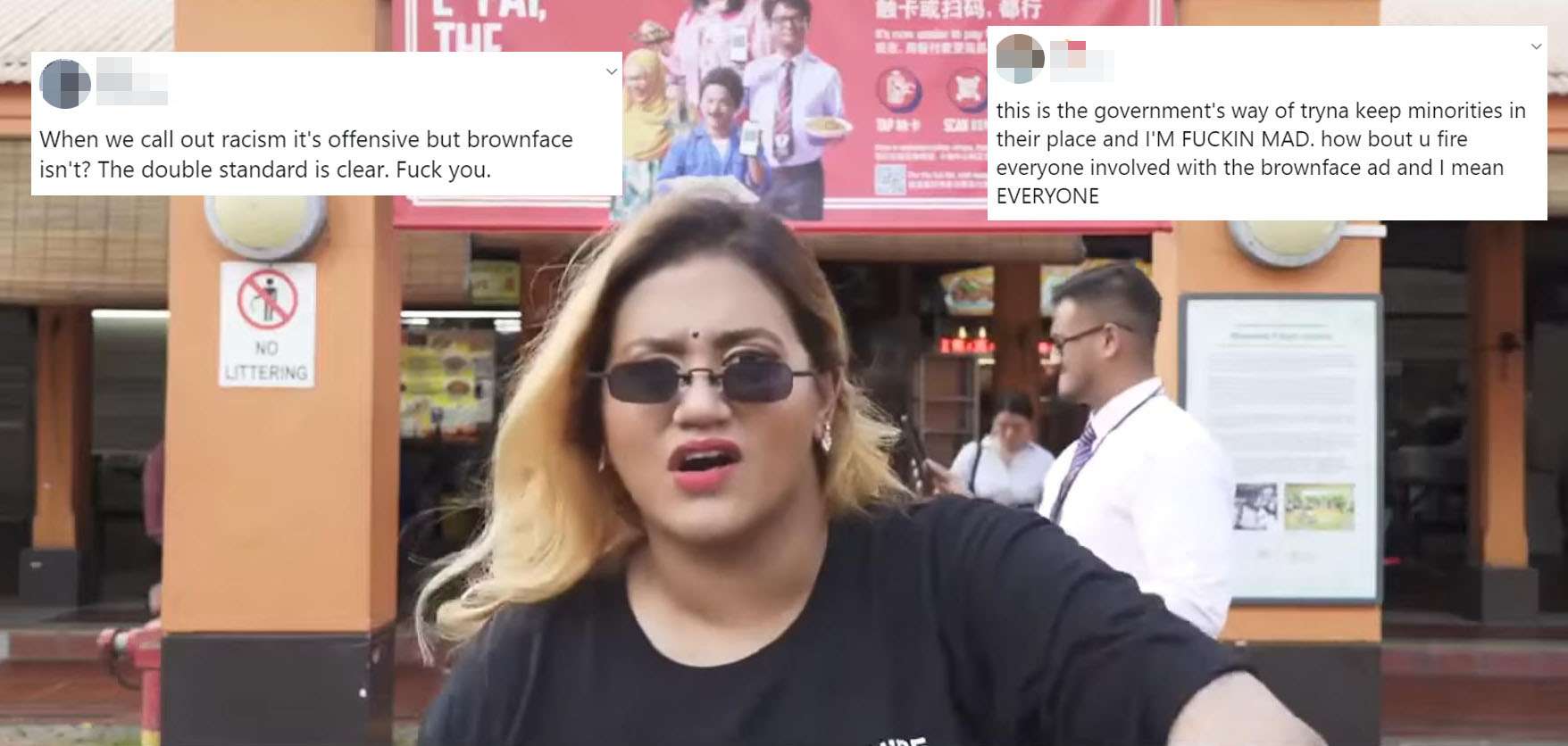 Image adapted from The Sammyboy Times, Twitter & Twitter
Image adapted from The Sammyboy Times, Twitter & Twitter
But have they stopped to wonder if it’s simply out of ignorance?
The convenient excuse of “not knowing better” may irk some of us, but perhaps we should stop to consider if we’ve been complicit in their ignorance. By not saying anything every time we face a microaggression, we’re telling them that it’s okay, even when it’s not.
Why I’m speaking up now & why you should listen
Ignorance should not be excused, but the response to it doesn’t have to be in kind. While I realise now that speaking up against injustice is absolutely necessary, we should also remember to do so with knowledge and compassion.
A knee-jerk reaction in the immediate aftermath is understandable, but fuelling the anger won’t help anyone. This very vexation was probably what inspired Preetipls’ video. Now imagine how different it would’ve been if people chose to discuss things calmly instead.
Call people out for their ignorance, and then explain why it is wrong. This is where the majority come into play — you have to listen. Listening is already a sign that you’re acknowledging the problem. And if you still don’t understand, ask. We all have a lot to learn from each other, and it’s only out of this mutual respect, and mutual desire to understand will we foster a more accepting society.
Featured image for illustration purposes only; adapted from digitalpimp. on Flickr.

Drop us your email so you won't miss the latest news.
